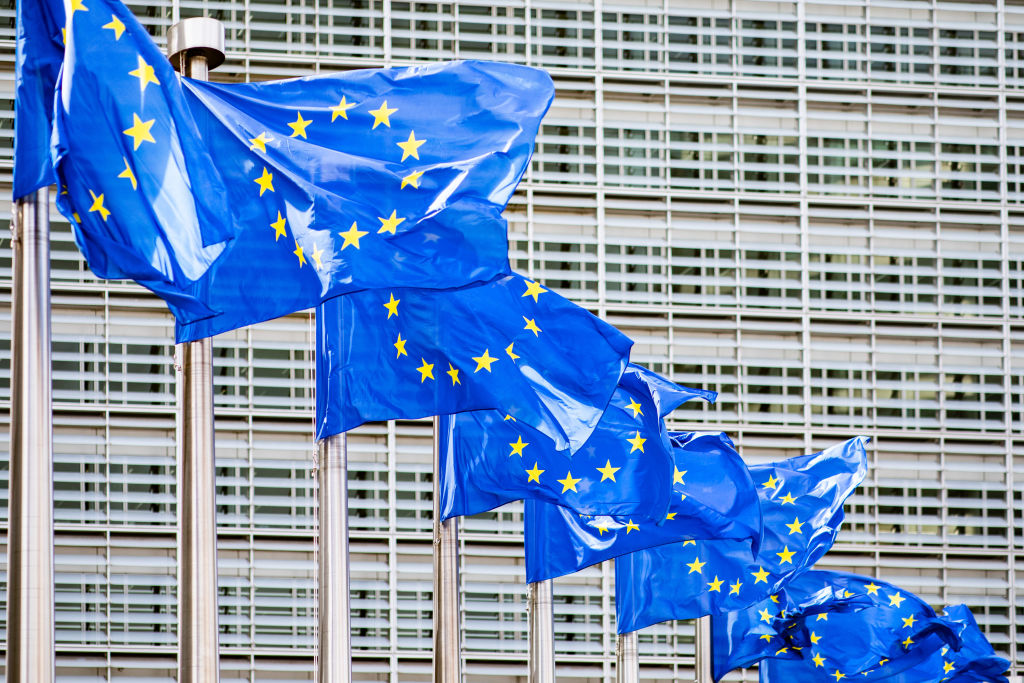European Leaders Rethink Dependence on US Technology

European governments are increasingly reassessing their reliance on American technology giants, prompted by recent geopolitical developments that spotlight the influence of US-based services on international affairs.
Sanctions Spark European Concerns
The debate intensified after US President Donald Trump imposed sanctions on Karim Khan, the chief prosecutor at the International Criminal Court (ICC), in reaction to the ICC’s issuance of arrest warrants for Israeli Prime Minister Benjamin Netanyahu and former defense minister Yoav Gallant. Shortly after the sanctions, Microsoft, a leading American tech company, disabled Khan’s work email.
This decision caught the attention of European leaders. Casper Klynge, a former diplomat with experience at Microsoft, described the move as a pivotal moment that heightened European skepticism about depending on US tech providers. Some ICC staff immediately transitioned to alternatives such as Switzerland-based Proton for secure email communication.
The US–Tech Company Link
Klynge explained the root of European apprehension: “If the US administration targets certain organizations, countries, or individuals, American companies can be compelled to cooperate.” This dynamic raises concerns about digital sovereignty and the ability of governments and organizations to operate independently of foreign policy shifts outside their jurisdiction.
Tech Companies Respond
Microsoft responded to the criticism by updating its incident handling policies to protect clients in similar predicaments and clarified that the company did not deactivate the accounts of four ICC judges sanctioned earlier. Furthermore, Microsoft CEO Satya Nadella recently launched new “sovereign solutions” specifically designed to safeguard European institutional data from external interference.
DeepFounder AI Analysis
Why it matters
This situation signals a significant turning point for the European tech ecosystem and for founders navigating global markets. As governments increasingly question reliance on US tech infrastructures, the demand for homegrown, sovereign digital solutions will surge. It’s evidence that geopolitical forces can rapidly reshape the landscape for startups, enterprise customers, and service providers.
Risks & opportunities
For European startups, rising nationalistic and regulatory pressures create an opening to compete with established US platforms. History shows that regulatory shifts—like Europe’s GDPR—can spur waves of regional innovation. However, there’s also increased risk for global SaaS providers who may face sudden policy-driven customer churn or new compliance burdens.
Startup idea or application
A timely opportunity is to build a pan-European, compliance-focused digital services platform—offering secure cloud, communication, or productivity tools with built-in regulatory controls tailored to local governments and enterprises. Such a startup could partner with data centers in neutral or multiple EU jurisdictions and provide “sovereignty as a service.”
European Tech Digital Sovereignty Microsoft Government Policy Startups
Visit DeepFounder AI to learn how to start your own startup, validate your idea, and build it from scratch.
📚 Read more articles in our DeepFounder AI blog.

Comments ()